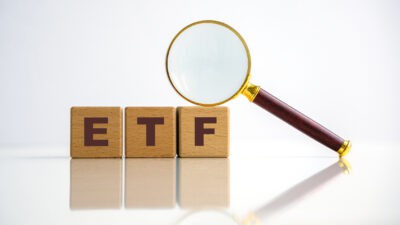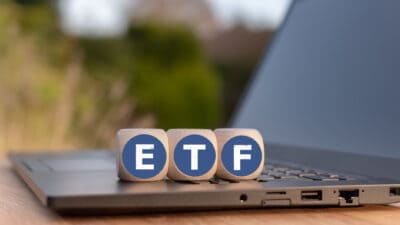ASX investors are probably a fairly happy bunch right now, on the whole anyway. The S&P/ASX 200 Index (ASX: XJO) has enjoyed a very successful year to date by historic standards. But for US stocks, it's another ballgame.
As of yesterday's close, the ASX 200 is now up a healthy 8.23% over the year so far after hitting several new all-time record highs in the process. Adding a few percentage points to account for dividends, and we can conclude that 2024 has been an above-average year for ASX shares.
However, the gains that ASX investors have enjoyed pale in comparison to what American investors have raked in.
US stocks have had an astoundingly good year this year. Take the performance of the flagship S&P 500 Index (SP: .INX). It's up a whopping 26.54% since the beginning of January and has hit a bevy of new record highs.
The tech-heavy Nasdaq Composite Index (INDEXNASDAQ: .IXIC) Index has done even better, rocketing 30.7% over the same period.
Why are US stocks beating ASX shares in 2024?
This stunning performance might make ASX investors a little jealous, regardless of our own good fortunes. But there are several factors that are probably behind this disparity.
Firstly, the top US stocks of the American markets, giants like Apple, Microsoft and Alphabet, continue to grow at a healthy clip. In contrast, many of our own top shares like Commonwealth Bank of Australia (ASX: CBA) and BHP Group Ltd (ASX: BHP) are currently in a bit of an earnings funk (not that you'd know it from the CBA share price).
Secondly, the US Federal Reserve has already begun to cut American interest rates, which tends to support the stock market. In contrast, our own Reserve Bank of Australia (RBA) continues to hold rates at decade-highs.
Thirdly, the result of last week's American election has sparked a major reaction, spurring markets to new heights in recent days. The prospect of lower taxes and regulation in the 'States' is clearly driving positive sentiment at present.
How should ASX investors go forward?
So ASX investors might be wondering what they should do (or perhaps should have done) in the face of this market divergence.
I am a big advocate of diversifying an ASX share portfolio into other markets, particularly the United States. For one, buying into another country's shares gives an ASX stock portfolio a huge boost of diversification, both geographically but also in terms of currency.
Having assets domiciled in different markets and priced in other currencies means your portfolio is less susceptible to any negative, Australia-centric developments that can drag down our local markets.
The American market is a prime candidate for this diversification, thanks to the unparalleled quality of its companies. No other stock market offers companies with the size, scale and domination of the US markets.
Companies like Apple, Microsoft, Alphabet, Meta Platforms, Netflix, Mastercard, Coca-Cola and McDonald's are world-famous and have a global customer base. We can't exactly say the same for Westpac Banking Corp (ASX: WBC), Telstra Group Ltd (ASX: TLS) or Coles Group Ltd (ASX: COL).
Adding US stocks to an ASX share portfolio
Saying all of that, there's no putting the toothpaste back in the tube. If you don't already own American shares, you won't have cashed in on this year's stellar gains. But given markets have continued to rise over the long term, it may not be too late to get yourself a piece of the action.
If you do want to increase your portfolio's allocation to US stocks in the hope that American markets will continue to grow at similar rates to 2024, there is an easy solution.
It's buying American index funds, of course. The ASX is home to dozens of exchange-traded funds (ETFs) that offer access to the US markets. The simplest of these are index funds.
You could go with something like the iShares S&P 500 ETF (ASX: IVV) or the Vanguard US Total Market Shares Index ETF (ASX: VTS) for broad exposure to the US markets. Or perhaps if you'd like a more tech-heavy option, the BetaShares Nasdaq 100 ETF (ASX: NDQ) might be more suitable.
These index funds are an easy way to add US market exposure to an ASX share portfolio with one simple ticker code. Let's see if US stocks can continue their 2024 momentum until the end of the year.







